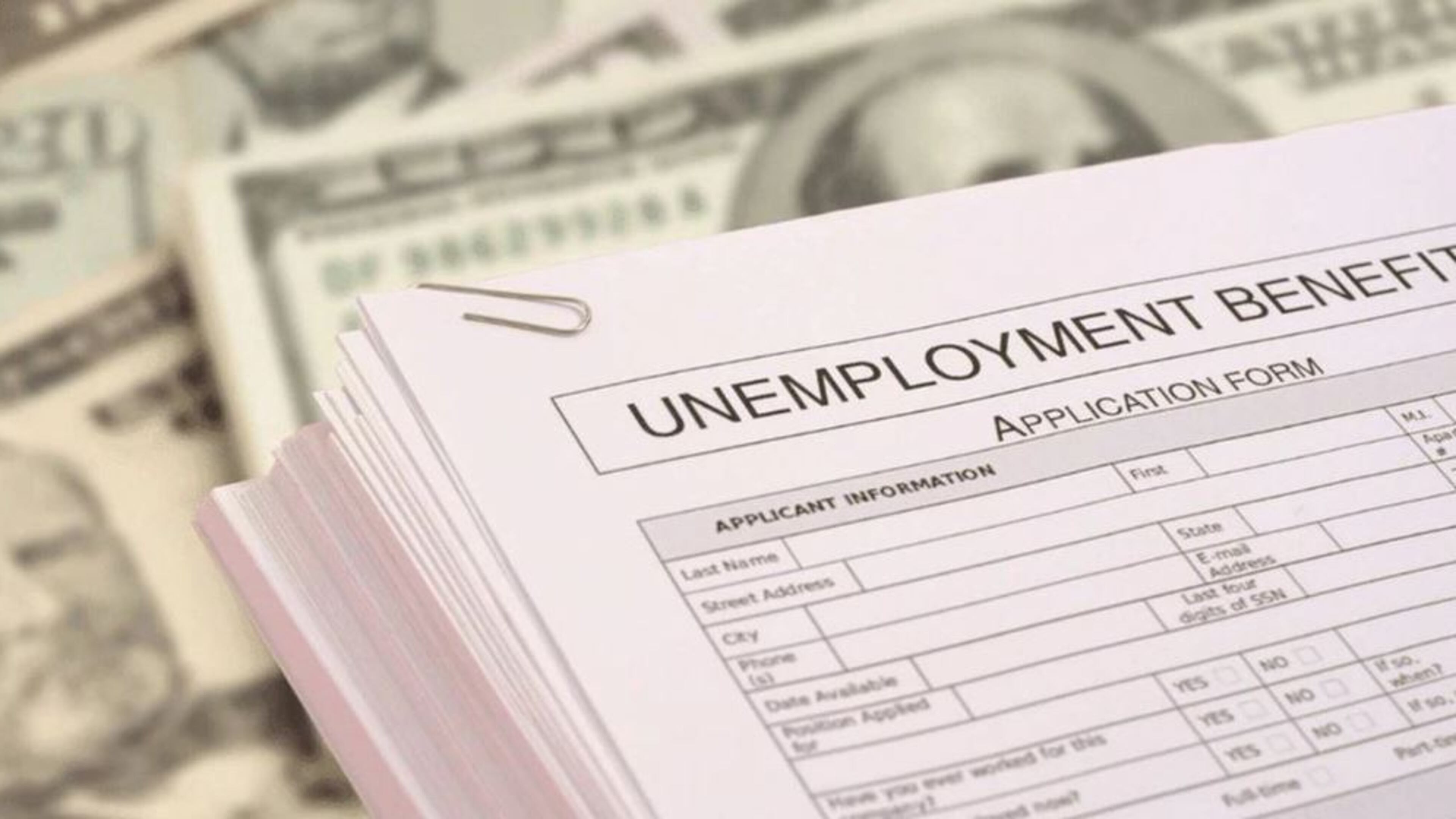Georgia jobless claims falling, but still high

The number of claims for unemployment benefits dropped for the third consecutive week in Georgia, even as the state continues to struggle to regain economic momentum lost during the coronavirus pandemic, labor department officials said Thursday.
The state processed 73,931 new claims last week — down from 84,984 the previous week. Still, the number of people receiving benefits — about 636,000 — is more than 25 times higher than it was pre-pandemic, said economist Kurt Rankin of the PNC Financial Services Group.
In the past few days, protests have been held outside various labor department offices in metro Atlanta and Macon, with laid-off Georgians complaining about long waits for unemployment benefits.
Georgia lost 530,000 jobs in March and April, but added back 250,000 as restaurants and other businesses reopened.
“Atlanta and Georgia are recovering at a pace similar to the national economy,” said Rankin. “Up until now, the numbers have been encouraging.”
Nationally, about 1.1 million new jobless claims were filed last week, down from 1.4 million the previous week.
Georgia has been hit proportionally harder than most.
The state has processed more than 3.3 million claims since the pandemic struck and judged about 1.4 million to be valid.
Meanwhile, those left jobless by the pandemic have lost $600 a week in enhanced benefits because Congress can’t reach an agreement on a coronavirus relief bill.
The loss of those funds not only stresses households struggling to pay rent, utility and grocery bills, it dampens the economy in ways that will hurt hiring, Rankin said.
“Those unemployment benefits mostly went to the lowest income people and so that money went to increasing their spending,” he said.
The high rate of new COVID-19 cases is also economically ominous, he said.
Some data echo that worry.
As July began, 75% of hourly workers in metro Atlanta were working, according to Homebase, which tracks business transactions. That inched up to 78% by month’s end, said Ray Sandza, company vice president for data.
But the rate of improvement has slowed, he said. “It is clear – based on our data – that the economic activity of small businesses is stalling, which is certainly not good for the broader economy.”
Self-employed and gig workers are still seeing the weakest of recoveries, according to data from Atlanta-based Steady, which produces software used to help low-income workers with their finances.
In the week ending July 25, 39% of its gig workers’ income was still coming from unemployment benefits, the company said.
When the pandemic struck, the Department of Labor was quickly swamped with claims. Thousands of Georgians waited months for benefits to be paid. Despite this week’s protests, the department said it has cleared most of the backlog and sent payments to more than 90% of claimants.
Yet that still leaves many waiting.
Tom Taffs, of Johns Creek, was self-employed as a life insurance and investment consultant, but his income evaporated in March. Although he filed for benefits in April, he said, he has received no payments.

Cory Sontag, a gig worker in Athens, lost his job in March and received payments for a while. Then, they stopped. He said he’s left more than 100 messages and still has been unable to get help.
Angered by so many similar stories from constituent, several Democratic lawmakers led the protests at Department of Labor offices.

More action is needed from the labor department, said state Rep. Sandra Scott, D-Rex. “We have been bombarded with calls and emails from constituents who are not receiving their unemployment checks. You have people who have not received unemployment checks, but they have letters that say they have been approved. That is inexcusable.”
National numbers
1.2 million: Number of people in the U.S. who applied for jobless benefits last week, according to the federal government
249,000: Drop in jobless claims in the U.S. from the week before
20: Number of straight weeks that at least 1 million people have sought jobless aid
New jobless claims in Georgia
Week ending
July 4: 105,160
July 11: 138,452
July 18: 122,313
July 25: 84,984
August 1: 73,931
Sources: U.S. Employment and Training Administration, Georgia Department of Labor
__________________________________________________________


